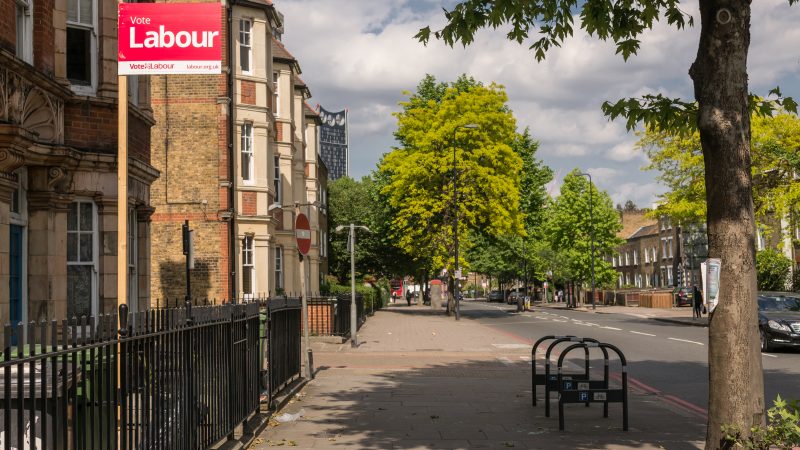
National executive committee (NEC) members are set to approve a list of 21 local parties that will begin selecting their Labour parliamentary candidate, LabourList revealed yesterday. The seats set to be agreed in a meeting of the governing body next week are: Bassetlaw; Birmingham Northfield; Bishop Auckland; Chingford and Woodford Green; Cities of London and Westminster; Dover; Erewash; Exeter; Hartlepool; Hastings and Rye; Hendon; Ipswich; Norwich North; Penistone and Stocksbridge; Peterborough; Plymouth Moor View; Shipley; South Swindon; Southampton Itchen; Stoke-on-Trent Central; and Watford.
NEC members are also set to vote on plans to crack down on Labour groups “underperforming” in local elections. The proposal is for the party to establish “campaign improvement boards” (CIBs) made up of senior Labour stakeholders with experience in local government to “support Labour groups that require improvement”. Under the plan, regional directors within the party are set to choose which councils are underperforming and report back to the NEC through general secretary David Evans. Should the groups identified not improve, the proposal provides that the party will “consider action such as the removal of the group leader”.
Perhaps unsurprisingly, the move has proved controversial. NEC member Gemma Bolton told LabourList that “Labour groups are the only people that should have a right to decide their leader’s, not party apparatchiks” and described the plan as “another deeply authoritarian move from Keir Starmer, who appears to adore anti-democratic stitch ups”. Fellow NEC member Luke Akehurst, on the other hand, argued that the party needs “mechanisms to send in the help” when a Labour council is “failing in service delivery or hits a financial crisis”, with the former councillor adding that “peer intervention and support can be part of turning round local authorities with seemingly intractable problems”.
Why is the party doing this? The argument is that failing groups – the Labour councillors and council leaders that run local authorities – risk “undermining the cause of increasing Labour representation at all levels”. Certainly, failing local Labour administrations can impact on the ability of the party to win elections – and there are some examples of poorly functioning Labour groups that need improvement. But two council leaders I spoke to are sceptical that the measures will not end up simply being wielded as a tool to dispense with local Labour leaders unpopular with the leadership of the national party or regional officers.
Also on LabourList for our readers today, I asked Keir Starmer for a response to accusations that rules had been broken in the selection of the Wakefield candidate, Simon Lightwood. The Labour leader said the process had been “handled well” and argued that Labour “got the best candidate”. We also discussed claims that the party is “soft pedalling” the campaign in Lib Dem target seat Tiverton and Honiton. He told me: “I’m not in the business of saying to people don’t go campaign for a Labour candidate, wherever they are in the country.” Read his comments here.
Sign up to LabourList’s morning email for everything Labour, every weekday morning.



More from LabourList
Welfare vote: ‘Here are the failures it reveals – and three faint silver linings’
Welfare vote: Which Labour MPs voted against bill or backed new amendment?
‘Welfare reforms still mean a climate of fear. Changes are too little, too late’